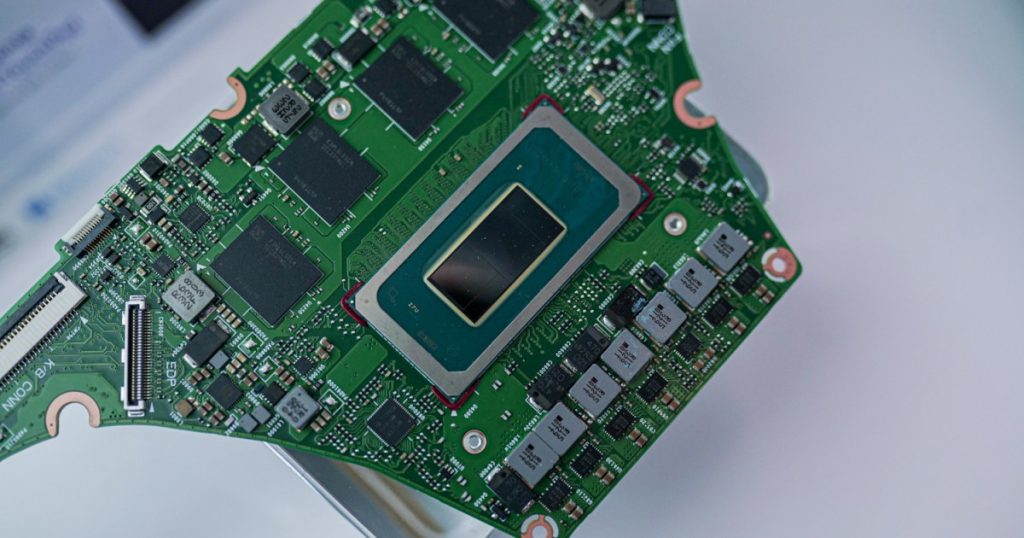AI is taking over the world of laptops and laptop brands. The latest laptops are equipped with NPUs and advanced processors that promise to revolutionize our daily lives. However, despite the progress in AI technology, the actual impact is yet to be seen.
New processors like Qualcomm’s Snapdragon X Elite chips and AMD’s Ryzen AI 300 chips are paving the way for a future integrated with AI. Intel’s Lunar Lake CPUs are also on the horizon. While these processors hold promise, they seem more geared towards addressing current needs rather than preparing for an AI-driven future.
The Importance of Space in Chip Design
One crucial aspect of chip design that often goes unnoticed is space. Companies like AMD and Intel must strategically allocate space on the chip to accommodate various components. Designing chips involves delicate balance and trade-offs, as adding new hardware requires sacrificing space that could be used for other functionalities.
Adding an NPU to a chip, like in the Ryzen AI 300 CPUs, comes with its challenges. The space occupied by the NPU could have been used for additional cores or cache. Chip designers must carefully consider how to optimize space to maximize performance.
While NPUs have their use cases, they are not widely utilized yet. In most scenarios, integrated GPUs or discrete GPUs offer better performance than NPUs. The integration of NPUs on chips reflects the evolving demands of the industry, driven in part by Microsoft’s Copilot+ initiative.
Challenges and Promises of AI Integration
AMD and Intel are striving to meet Microsoft’s Copilot+ requirements by including NPUs in their chips. However, the actual usefulness of these NPUs remains to be seen, especially with the delay of features like Recall. The rush to integrate AI capabilities raises questions about the true necessity and impact of AI in current PC offerings.
Despite the push towards AI-enabled laptops, the actual implementation of AI features is still in its preliminary stages. The industry is laying the groundwork for future AI applications, aiming for seamless integration with everyday PC usage. The road to widespread AI adoption in PCs is still in progress, with challenges and uncertainties along the way.
The Path to AI-Driven PCs
As the PC industry evolves towards AI-driven solutions, early adopters must navigate the current landscape with caution. While the potential of AI in PCs is undeniable, the actual realization of its benefits is still a work in progress. The industry’s investment in AI technology signals a promising future, but the journey towards widespread AI integration is ongoing.
As technology continues to advance, AI is poised to become an integral part of PC usage. While challenges and uncertainties persist, the evolution towards AI-driven PCs is an exciting journey with vast potential.


